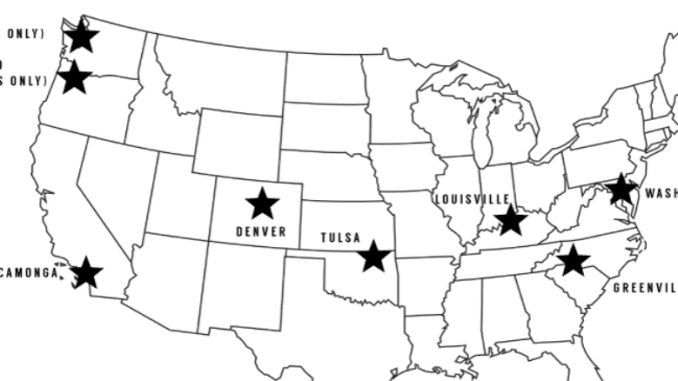
The SCA, in collaboration with the U.S. Competitions Working Group, just announced dates and locations for the first ever U.S. Coffeechamps Preliminaries, a regionally based competition meant to increase accessibility to coffee competitions.
BARISTA MAGAZINE STAFF
Last week, the SCA announced the dates and locations for the precursory events to competition known as the U.S. Coffeechamps Preliminaries. When the SCA initially publicized the new format for barista competitions—where smaller, regionally based competitions would take place in more cities across the United States—the SCA called for cafes, roasteries, and other coffee businesses to submit applications to host an event. Originally thought to be three to six events, the overwhelming response from community led the SCA, in conjunction with the U.S. Competitions Working Group, to increase the number of competitions to eight member-driven events focused on building community. The competitions will kick off August 25 in Rancho Cucamonga, Calif., with Klatch Coffee, and wrap up at the end of September in Tulsa, Okla., at Topeca Coffee. Competitions will be taking place in cafes and coffee companies from coast to coast and in between.
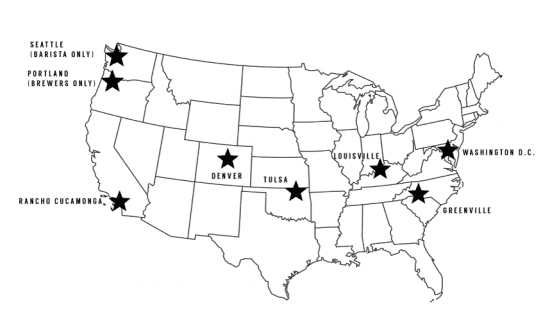
“I am tremendously excited for the new preliminary competitions,” shares Nathanael May, co-chair of the U.S. Competitions Working Group and a head judge, who coordinated closely with the SCA to field applications and choose the eight host cities. “The idea has been in the works for nearly two years, and it’s encouraging to see them finally happening,” he shares. The group considered a number of factors when choosing the host spots, including access to resources, potential partnerships with sponsors, and location and proximity to the largest number of potential competitors.
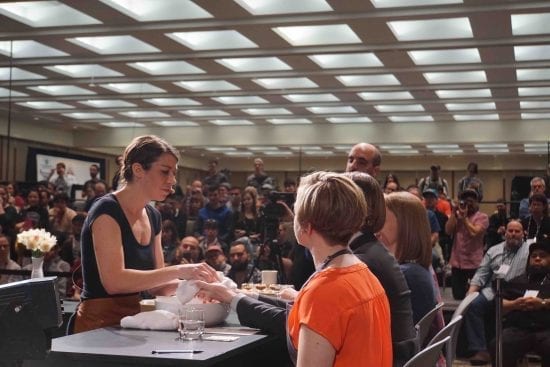
The goal of these preliminary competitions is to improve accessibility to barista and brewers cup competitions, which have been notorious for being expensive and having slots fill up within minutes. “We want competitions to be accessible, and putting more events on the map is one step we can take toward that goal,” Nathanael notes. The rules for hosting a competition were left intentionally loose and open—the most restrictive rule is that every host has to provide or bring in one certified head judge—which mimics the rules of the competition itself.
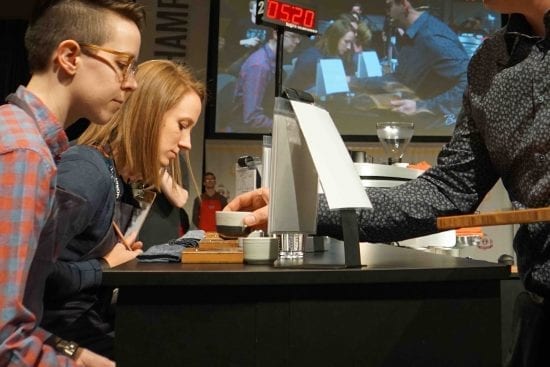
Competitions will take place throughout the end of August and September, which is probably sounding a few alarms for baristas anxious to begin competition prep. However, baristas competing in these preliminary events don’t need to prepare as many drinks; competitors will be asked to prepare an espresso and a milk-based drink for two sensory judges and a technical judge in seven minutes. Competitors will not be able to bring their own coffee, and will instead have to choose between at least two compulsory coffees given to each competitor by the host. Competitors are free to bring their own glassware and other materials, but the hosts will also provide competitors with any wares or tools they might need.
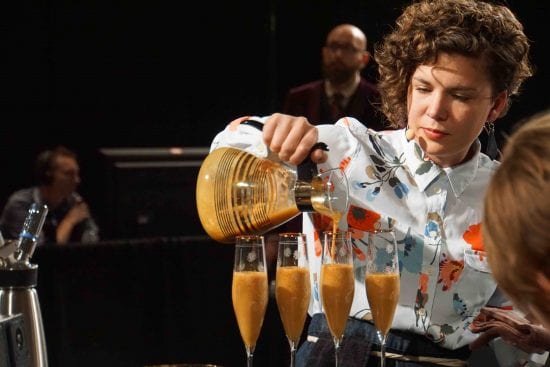
The format of the competition means that potential competitors have free reign to play—so many competition routines rely on an intimate knowledge of a farm or perhaps a trip to origin, and with the addition of a compulsory coffee, many of the predictable narratives we find in competition routines are essentially eliminated. But that opens the door to new and exciting venues for competitors to explore. Likewise, hosts can provide competitors with a variety of coffees of their choosing, and the tools they choose to provide can shape the experience a competitor crafts for the judges. “I can’t wait to see what the hosts come up with, and I can’t wait to see more baristas able to compete,” Nathanael shares.
More information—including registration information and individual links to each competition—will hit the website August 1. In the meantime, for a complete set of rules and scoresheets, visit the U.S. Coffee Championships website.

